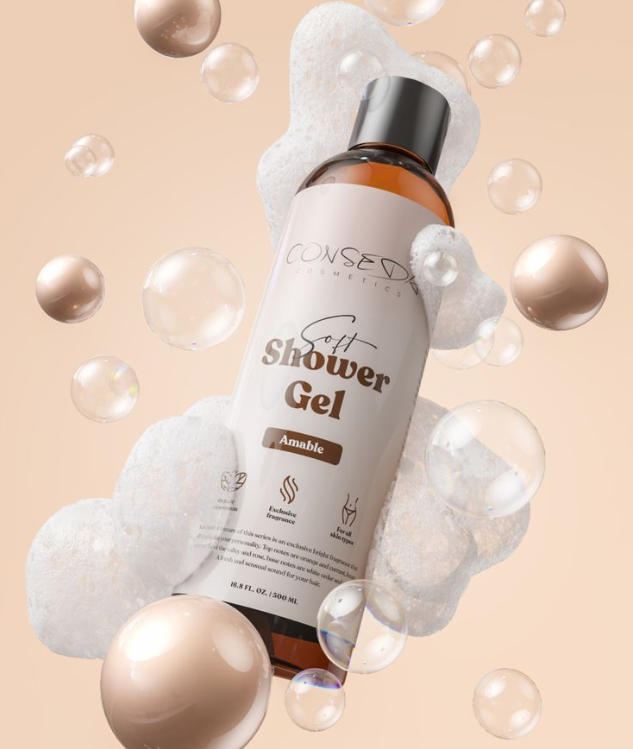As someone who cares about hygiene, and I often wondering whether shower gel is enough to kill germs. We use it to clean our body and it looks logical that it must get rid of any harmful bacteria. However, answer to this question is not simple as one might think. In this article, I will explain whether shower gel is effective in destroying germs and what other factors we need to consider when it comes to personal hygiene.
Shower gel is popular choice for many people. It is easy to use and comes in variety of scent and formulations. But its primary function is to cleanse skin of dirt, oil and sweat. Some shower gels contain antibacterial ingredients, but their effectiveness at killing germs is not always obvious. In fact, some experts claim that use of antibacterial agents can do more harm than good, contributing to development of antibiotic-resistant bacteria. So, what does this give us when it comes to personal hygiene?
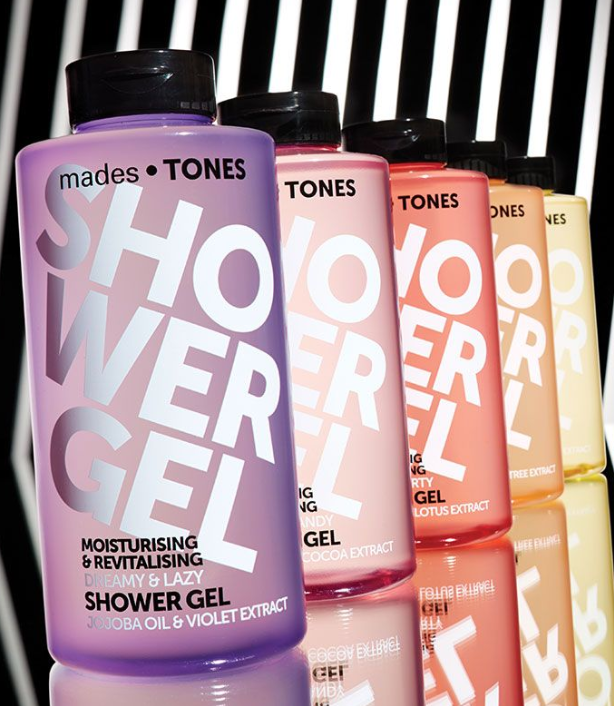
What is Shower Gel?
Shower gel is a liquid soap specially designed for use in shower. This is body cleanser, which is available in form of liquid gel and turns into foam after adding water. Shower gels, as rule, do not contain soap and instead get t5heir cleansing ability due to ingredients called surfactants (aka surfactants). This means that they are less likely to deprive your skin of its natural oils.
Many people chose shower gel because it is easy top use and has a wide range of flavors. It is also less dirty than traditional soap, which can leave soap suds in shower and on your skin. Shower gel is also more hygienic than soap. They are available in bottles with pump or spin, which reduces risk of spread of bacteria and microbes.
Shower gel usually used by applying a small amount to loofah or washcloth and lathering with water. Then it is applied to skin in a circular motion, paying attention to areas prone to perspiration and unpleasant odor, such as groin and armpit. After washing off the shower gel, feeling of cleanliness and freshness remains on skin.
Understanding Germs
As someone who regularly uses shower gel, you may be wondering if it is effective in killing germs. Before we answer this question, we should understand what germs are and how they work.
Germs are microscopic organisms that result of infections and diseases in humans. They are bacteria, viruses, parasites and fungi. Some of germs are harmless but others can be dangerous and even life-threatening. Germs can be transmitted from person to person by contact with body fluids such as blood, urine or saliva. They can also spread through contact with polluted surfaces as countertops, bathroom plumbing or door handles.
It’s important to follow hygiene rules to protect yourself from germs. This includes regularly washing your hands with soap, covering your mouth and nose when you cough or sneeze, and avoiding close contact with sick people.
While choosing shower gel, its better to look for products that contain ingredients as eucalyptus oil, peppermint oil or tea tree oil. These ingredients are natural and have antimicrobial properties which can kill germs on skin.
We should also note that shower gel can help kill germs on your skin but its not substitute for good hygiene practices. You need still wash your hands regularly with soap and water. And also avoid touching your face and mouth with unwashed hands.
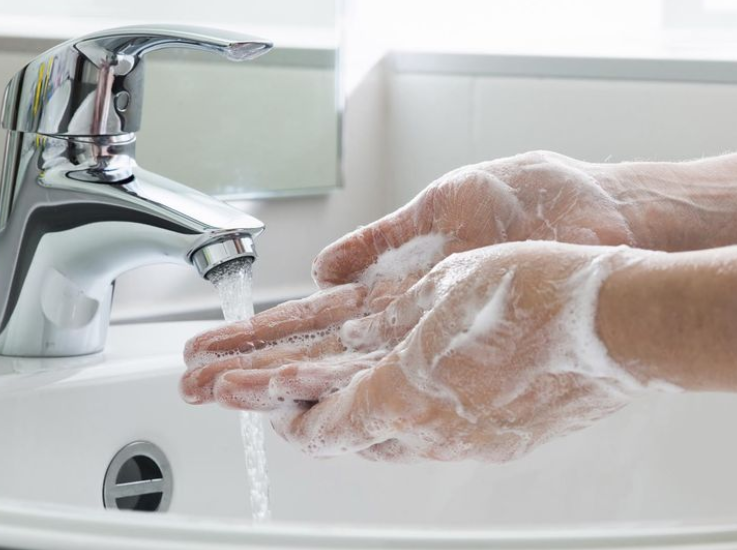
Shower Gel Ingredients
Shower gels are a popular choice for personal hygiene, but do they kill germs? Before we can answer that question, we need to understand the ingredients in shower gels. Here are some common ingredients found in shower gels and their functions:
- Surfactants: These are the primary cleaning agents in shower gels. They work by breaking down the surface tension of water, allowing it to penetrate dirt and oil on the skin. Some common surfactants found in shower gels include sodium laureth sulfate and cocamidopropyl betaine.
- Emulsifiers: These are ingredients that help to blend oil and water together. In shower gels, they help to keep the surfactants and other ingredients from separating. Some common emulsifiers found in shower gels include glyceryl stearate and PEG-100 stearate.
- Humectants: These are ingredients that help to moisturize the skin by attracting and retaining water. Some common humectants found in shower gels include glycerin and propylene glycol.
- Preservatives: These are ingredients that help to prevent the growth of bacteria and other microorganisms in the shower gel. Some common preservatives found in shower gels include phenoxyethanol and methylparaben.
- Fragrances: These are ingredients that are added to shower gels to provide a pleasant scent. However, some people may be sensitive to certain fragrances, so it’s important to choose a shower gel with a fragrance that agrees with your skin.
It’s worth noting that not all shower gels are created equal. Some may contain additional ingredients that provide additional benefits, such as exfoliants or vitamins.
Overall, the ingredients in shower gels are designed to clean and moisturize the skin while providing a pleasant scent. However, whether or not they kill germs is a different question altogether.
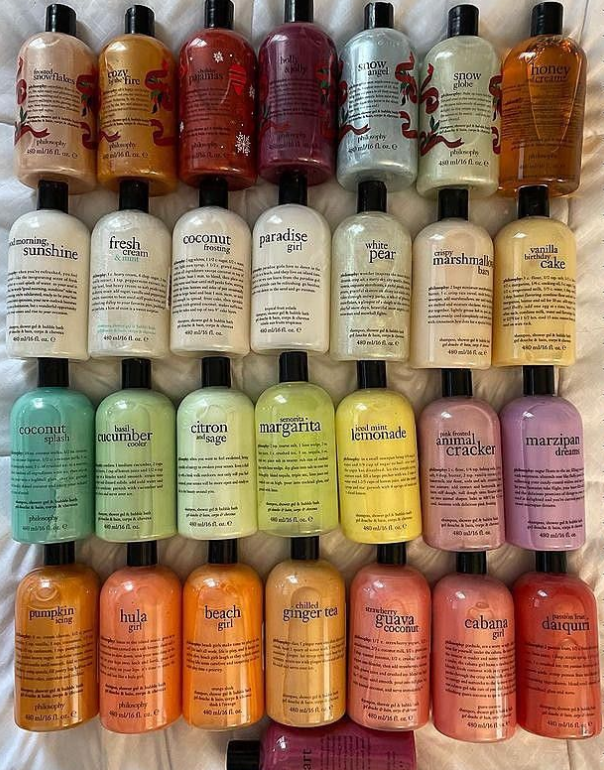
Effectiveness of Shower Gel Kill Germs
As someone who wants to maintain good hygiene, it’s natural to wonder if shower gel is effective against germs. In this section, I will discuss the effectiveness of shower gel against germs, including its antibacterial properties and mechanical removal of germs.
Antibacterial Properties
Shower gels may contain antibacterial agents that can help kill germs. These agents can be chemical or natural, such as tea tree oil, eucalyptus oil, or essential oils. However, the effectiveness of these agents can vary depending on the concentration and formulation of the shower gel.
It’s important to note that using antibacterial shower gel is not necessary for everyday use. According to the Mayo Clinic, regular soap is just as effective at removing germs as antibacterial soap. In fact, overuse of antibacterial products can lead to the development of antibiotic-resistant bacteria, which can be harmful to public health.
Mechanical Removal of Germs
The mechanical removal of germs is an important aspect of maintaining good hygiene. Shower gel, when used properly, can help remove germs from the skin. The mechanical action of rubbing the skin with shower gel and water can help dislodge and wash away germs.
It’s important to note that the effectiveness of mechanical removal of germs depends on the duration and technique of washing. According to the Centers for Disease Control and Prevention (CDC), it’s recommended to wash hands with soap and water for at least 20 seconds to effectively remove germs. The same principle applies to washing the body with shower gel.
In addition, it’s important to pay attention to areas that are more prone to harboring germs, such as the armpits, groin, and feet. These areas should be washed thoroughly with shower gel to prevent the spread of germs.
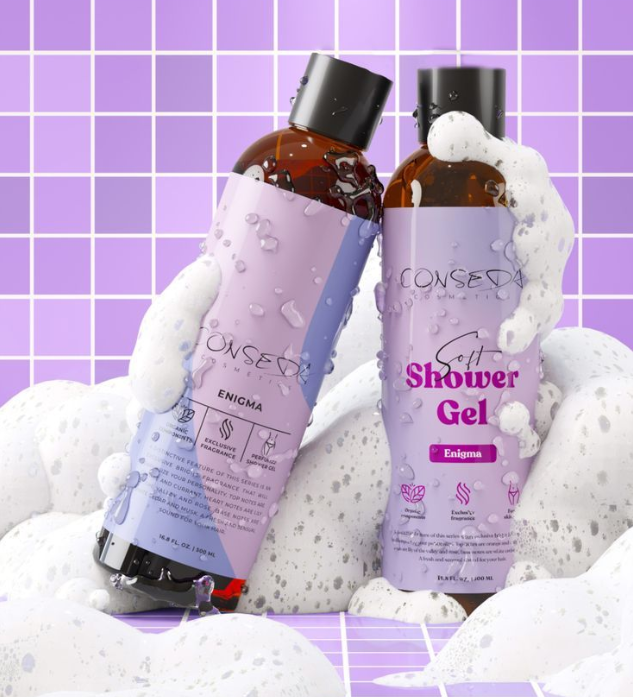
Comparison with Other Cleaning Products
When it comes to personal hygiene, there are several products available in the market that claim to kill germs. In this section, I will compare shower gel with other cleaning products, such as soap and hand sanitizer.
Shower Gel vs Soap
Both shower gel and soap are used for cleaning the body. However, there are some differences between the two. Shower gel is a liquid soap that is designed to be used in the shower or bath. It is formulated to lather easily and rinse off quickly, leaving the skin feeling clean and refreshed.
On the other hand, soap is a solid bar that is made by mixing fats or oils with an alkali. It has been used for centuries as a cleaning agent and is known for its ability to remove dirt and germs from the skin. Soap is available in different formulations, such as antibacterial soap, which is designed to kill germs.
When it comes to killing germs, both shower gel and soap are effective. However, antibacterial soap is more effective in killing germs compared to regular soap. According to the FDA, there is no evidence that antibacterial soap is more effective than regular soap in preventing illness or infection.
Shower Gel vs Hand Sanitizer
Hand sanitizer is a liquid or gel that is used to clean the hands when soap and water are not available. It is designed to kill germs on the hands and is available in different formulations, such as alcohol-based and non-alcohol based.
Shower gel and hand sanitizer are two different products that are designed for different purposes. Shower gel is designed to clean the body, while hand sanitizer is designed to clean the hands. Hand sanitizer is more effective in killing germs on the hands compared to shower gel.
According to the CDC, hand sanitizer with at least 60% alcohol content is effective in killing germs on the hands. However, it is important to note that hand sanitizer should not be used as a substitute for soap and water. Washing the hands with soap and water is still the most effective way to remove dirt and germs from the hands.
In conclusion, shower gel is an effective product for cleaning the body, but it is not designed to kill germs. Soap and hand sanitizer are more effective in killing germs compared to shower gel. However, it is important to note that washing the hands with soap and water is still the most effective way to remove dirt and germs from the hands.
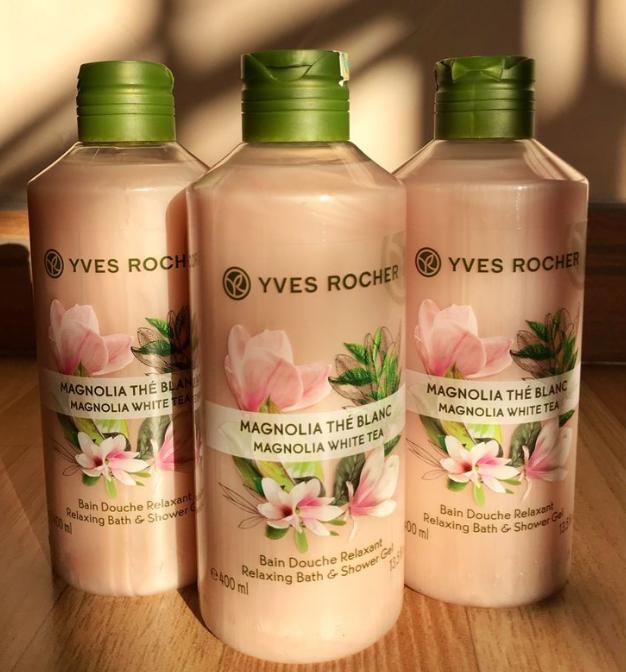
Factors Affecting Shower Gel’s Efficacy
When it comes to showering, using shower gel is a common choice for many individuals. But does shower gel kill germs? The answer is not straightforward, as there are several factors that can affect its efficacy.
Type of Shower Gel
The type of shower gel used can play a significant role in its ability to kill germs. Some shower gels contain antibacterial agents that can help to eliminate harmful bacteria on the skin. However, not all shower gels contain these agents, so it is important to read the label carefully to determine whether the product is designed to kill germs.
Contact Time
Another factor that can affect the efficacy of shower gel is the amount of time it is left on the skin. To effectively kill germs, the shower gel needs to be in contact with the skin for a certain amount of time. This is known as the contact time, and it can vary depending on the product being used. In general, it is recommended to leave the shower gel on the skin for at least 20 seconds before rinsing it off.
Water Temperature
The temperature of the water used during showering can also have an impact on the efficacy of shower gel. Hot water can help to kill germs, but it can also strip the skin of its natural oils, leading to dryness and irritation. On the other hand, cold water may not be as effective at killing germs, but it can be gentler on the skin.

Skin Type
The type of skin can also play a role in the efficacy of shower gel. Individuals with dry or sensitive skin may find that certain shower gels are too harsh and can cause irritation. In these cases, it may be necessary to use a gentler product or to limit the use of shower gel altogether.
Frequency of Use
Finally, the frequency of use can also affect the efficacy of shower gel. Using shower gel too frequently can strip the skin of its natural oils, leading to dryness and irritation. It is generally recommended to limit the use of shower gel to once per day, or every other day, depending on individual needs.
In conclusion, while shower gel can help to eliminate harmful bacteria on the skin, its efficacy can be affected by various factors, including the type of shower gel, contact time, water temperature, skin type, and frequency of use. It is important to consider these factors when choosing a shower gel and to follow the manufacturer’s instructions for use to ensure optimal efficacy.

